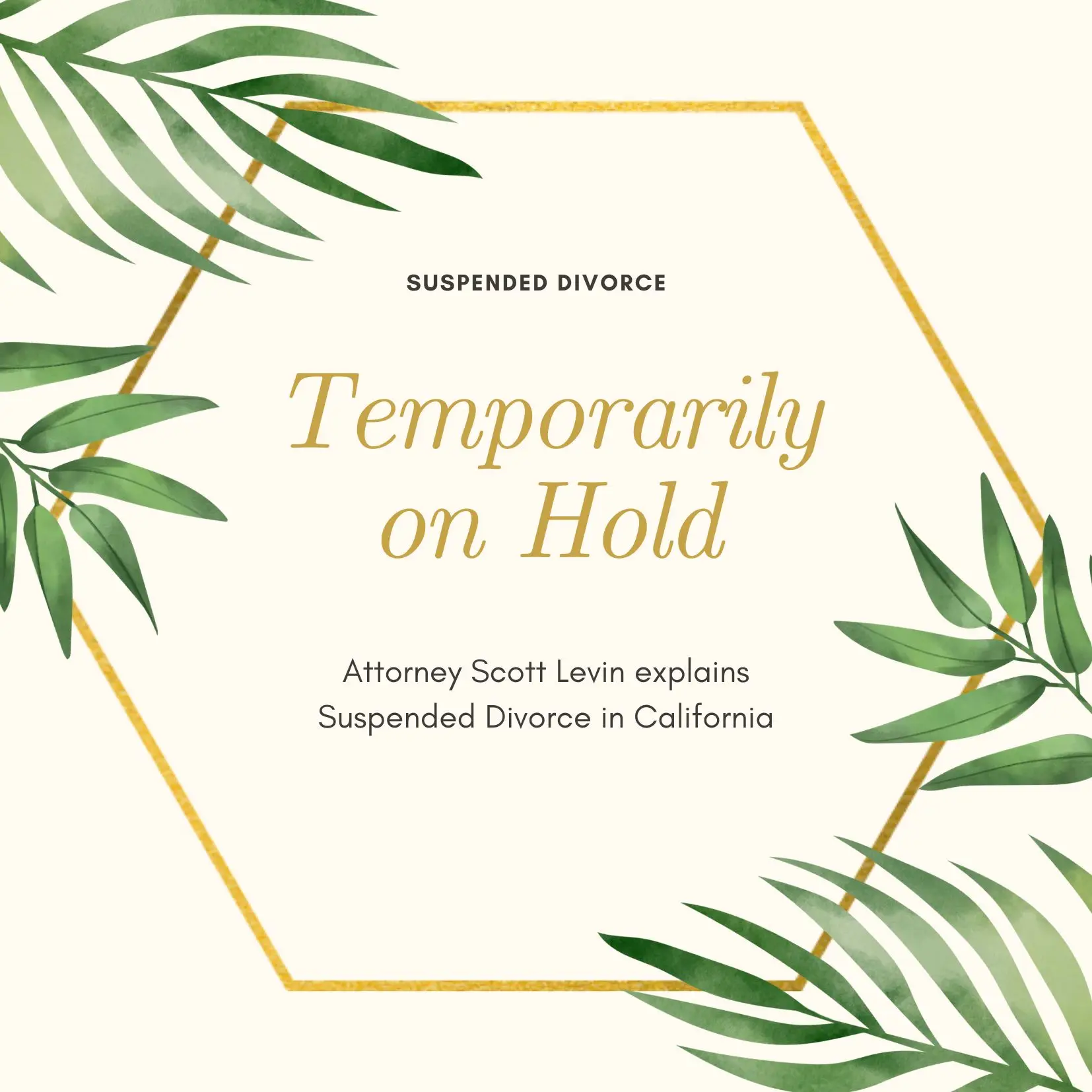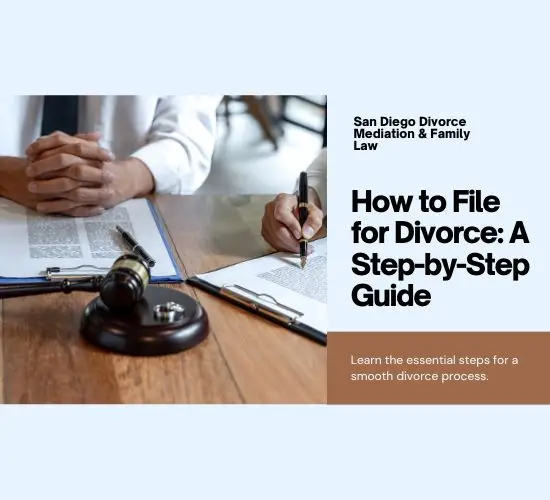If you have been listening to the news lately, you will have noticed an uptick in stories involving Bitcoin and other types of cryptocurrency. Bitcoin is just one of the many virtual currencies available; others include Ethereum, Litecoin, Doge Coin, and thousands more. Currently, virtual currencies are not regulated by the government and they are considered “alternative currencies”. Coinbase is a platform that allows everyday people to buy, sell, and store cryptocurrency. In addition, platforms like PayPal, CashApp, and Robinhood also allow you to easily purchase digital currency. It is estimated that 59 million Americans own some form of crypto. What are the chances that you or your spouse own a form of digital currency?
Cryptocurrency and Divorce
In a divorce, cryptocurrency is considered property and will be divided appropriately. If it was purchased during the marriage, it is considered community property. If the cryptocurrency was purchased before the marriage, it may be considered separate property. Similarly, if the digital currency was given as a gift, or acquired as an inheritance, it will probably be considered as separate property and not subject to division.
Cryptocurrency Disclosures
If you or your spouse own cryptocurrency, it is important for both of you to disclose your assets completely and honestly. If you suspect that your spouse owns crypto and is not disclosing this fact, there are tools to trace Bitcoin ownership; though, it takes a fair amount of time and effort to find this information. Hiding assets during a divorce may land you with civil and criminal penalties (perjury, fraud) and possible jail time.
Volatility and Valuation of Crypto
Perhaps, more concerning is the volatility of cryptocurrency. The value of Bitcoin and similar digital currency fluctuates greatly. How does one calculate how much crypto is worth? Is it worth the amount on the day that the divorce was filed or on the day the divorce was finalized? What happens if the Bitcoin was worth 1 million dollars at the beginning of the divorce but was worth 10K when the divorce is finalized?
Analysts suggest that one way to avoid headaches is to split the Bitcoin itself rather than to try to determine its value. After division, it will be up to the ex-spouses to decide for themselves when they want to sell the cryptocurrency.
Crypto and Courts
In the past, courts can freeze bank accounts and issues injunctions to force one spouse to pay the other. However, the government has no control over cryptocurrency, so how can the courts enforce the division of digital currency? There is no clear answer and divorcing couples will need to wait for the courts to catch up with the ever-evolving technology. It is prudent to remember that Courts can still rule heavily in favor of one spouse over another spouse to compensate for any perceived deceptions or inconsistencies.
Taxation of Cryptocurrency
People (divorced or not) need to remember that if you cash out cryptocurrency, you need to pay taxes on the capital gains. If you purchased anything with cryptocurrency, it is considered a taxable event (similar to you cashing out the crypto and using the money to make the purchase). If your cryptocurrency is earning interest, that interest is also taxable. Taxation is not limited to those seeking a divorce; however, if you are getting a divorce and cryptocurrency is involved, be sure to pay your taxes.











